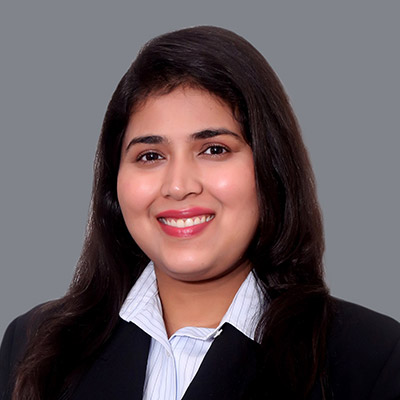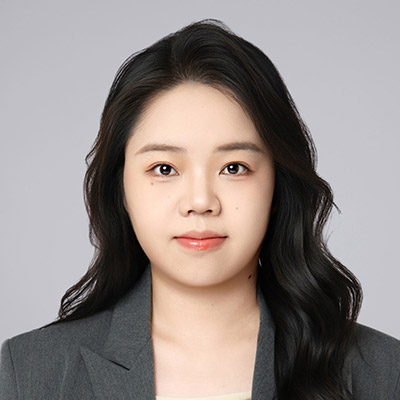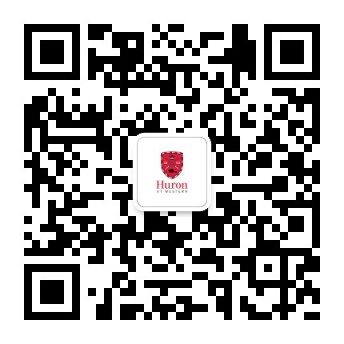
The Rev. Dr. John Thatamanil, this year’s R.T. Orr lecturer, brought intellectual rigor and deep humanity to his moving presentation
A brown-skinned immigrant teenager contemplates his future career and decides that computer science and electrical engineering is the sensible choice to take in university. After signing up for his required courses, he finds he has one elective and chooses a third-year religious studies course. He excels, and his professor asks him what his major is. When the teenager tells him, the professor asks him why. “Because I wanted to be practical,” the boy answers. The professor pauses, and then says, “I have some reservations about your understanding of the word ‘practical.’”
It wasn’t much, but it was enough. The boy changed his program and eventually became a renowned theologian. On November 9, the Rev. Dr. John Thatamanil presented the 50th R.T. Orr Lecture at Huron University, leaving his enthusiastic audience with much to think about.
Thatamanil was born in Kerala, India, and grew up as a member of the Mar Thoma (St. Thomas) Church. The Church has a long tradition in Kerala, based on the belief that St. Thomas brought Christianity to India. It wasn’t until Thatamanil moved to the U.S. at the age of eight that he began to think and learn about other Indian religious traditions.
Two men influenced his thinking. A Sunday School teacher assigned a book entitled The Religions of Man, and Thatamanil was fascinated. One of his priests was working on his PhD, providing the model of “a man of deep faith and profound intellectual interests.” It was natural, then, that once he had chosen to study theology, Thatamanil chose to focus his scholarship on comparative theology.
Thatamanil now teaches at Union Theological Seminary in New York City, while living part of the year in Victoria, B.C. He has written two books, The Immanent Divine: God, Creation and the Human Predicament, and Circling the Elephant: A Comparative Theology of Religious Diversity, and is currently working on a third, provisionally titled Desiring Truth: The Quest for Wisdom in a Post-Truth Era.
At Huron, Thatamanil shared some of the ideas emerging from the upcoming book, Desiring Truth. He began by talking about a comment made by Barack Obama in a 2017 interview. Obama referred to the “epistemological crisis” generated by the reality that many people don’t accept objective facts such as climate change. The trend has continued, with 40% of Americans still thinking that the 2020 presidential election was stolen or rigged by Joe Biden as late as November 2022. Thatamanil went on to suggest that the problem of post-truth is not a new one, quoting George Orwell writing about World War Two propaganda. Many writers suggest that the ‘cure’ for post-truth is to lean into the Enlightenment idea of “sober reason.” They recommend a greater emphasis on critical thinking skills, increased numeracy and literacy, and so on.
While acknowledging these endeavors are important, Thatamanil presented a different perspective. “The problem of post-truth is a problem of desire,” he said. “We do not know the truth because we do not want to know it.”
The traditional Enlightenment view is that knowing and desire are different and indeed antithetical. Yet many philosophical and religious traditions recognize they are closely related, and that our desires themselves can be true or false. “If you want to truly understand the Buddhist worldview as embodied wisdom, then you must work on your desires,” Thatamanil argued. “You must surrender distorted, untrue desires and embrace positive desires.”
Jesus referred to something like post-truth when he explained his reasons for using parables in Matthew’s Gospel, saying, “They have ears, but they don’t listen. They have eyes, but they refuse to see.” Says Thatamanil, “Arriving at truth is never just a matter of having working sensory equipment. Dullness of heart can obscure hearing and drive people to shut their eyes. Hence the heart must be transformed before access to truth is granted.”
Similar ideas emerge in Isaiah and the work of St. Augustine. Philosopher Michel Foucault said the modern age of truth began when “what gives access to truth is knowledge and knowledge alone,” and went on to suggest that prior to the modern era, true knowledge was understood to require practices of spirituality.
During his talk, Thatamanil argued for the reintegration of desire and knowing to address the post-truth moment. Sounding a hopeful note, he said, “Other deeper desires seem to be emerging – a desire for erotic ecology, for the Earth, a desire for genuine local communities, a desire for authentic spirituality that cannot be colonized by capitalist markets. Might these true desires be truth’s very own desire finding expression in us? That is indeed my hope.”
Asked later why he became interested in the problem of post-truth, Thatamanil said he had a “gut sense” that something obvious was being missed in the literature. “Both the left and the right are using the same discourse of reason, and it’s not working for either!” When people feel attacked for their views, he said, they often retreat into isolated communities, cutting themselves off from differing perspectives. Listening and building relationships is the way forward.
Thatamanil tells an anecdote about U.S. Transportation Secretary and gay activist Pete Buttigieg. He was asked how he would respond to the new Speaker of the House, known for his homophobic comments. “Maybe we’ll just have him over because our little house isn’t that far from the Capitol,” said Buttigieg. “If you could see what it’s like when I come home from work, and my partner is bringing the kids home from daycare or vice versa . . . Everything about that is chaos, but nothing about that is dark – the love of God is in that household.”
Thatamanil has this advice for those who want to know and live the truth: “Soften the heart. Don’t just seek to inform the brain. Real change happens when our hearts are transformed.”
Since November 25, 1970, the R. T Orr Public Lecture series has been held each year in memory of Mr. Robinson T Orr – a long standing supporter of Huron University. Through the lecture series, supported by Mr. Orr’s legacy, it has been possible for the university to host scholars of international reputation and outstanding theological educators. Past lecturers include Rosemary Radford Ruether, E. P. Sanders, Stanley Hauerwas, Peter Ochs, Walter Brueggemann, Ellen Davis, Rowan Williams, and Laura Nasrallah.
This year marks Huron’s 50th Orr Lecture.
To learn more about the Faculty of Theology at Huron University and our interdisciplinary masters programs, please visit here.





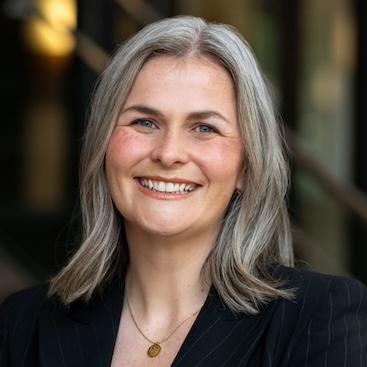
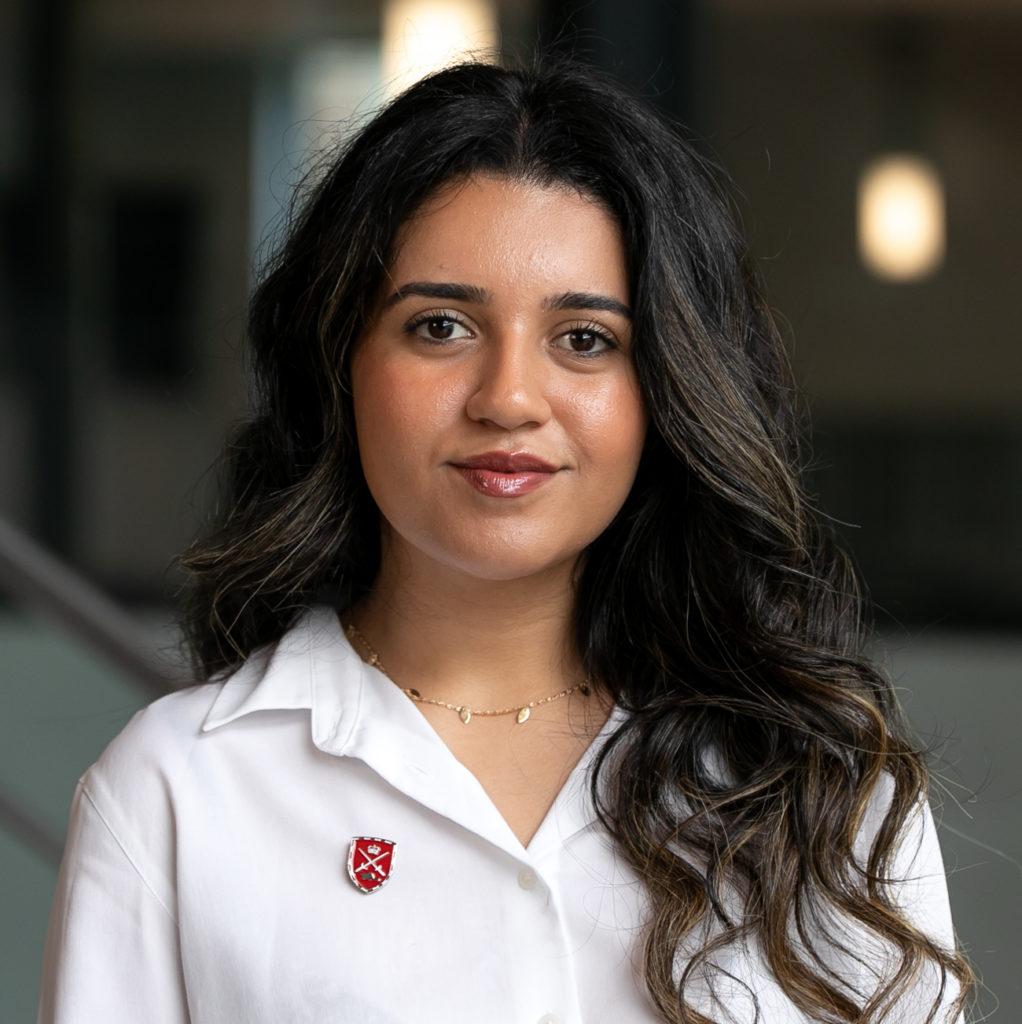
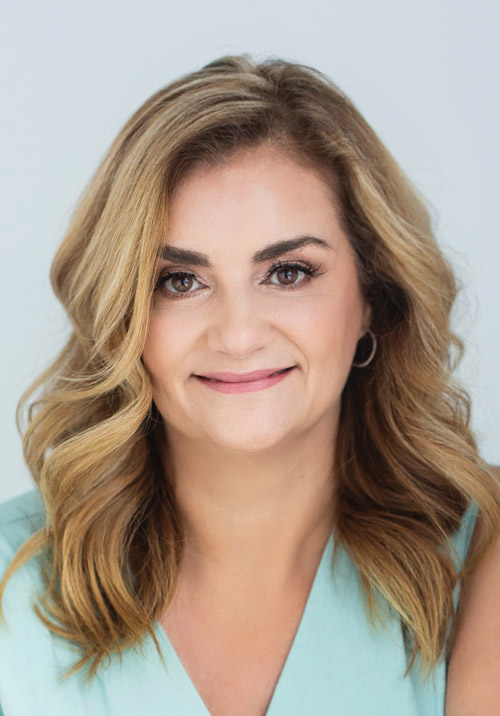 Lisa Jones Keenan is the Vice President of Sales at Xplornet Communications, the largest rural fixed wireless broadband service provider in Canada.
Lisa Jones Keenan is the Vice President of Sales at Xplornet Communications, the largest rural fixed wireless broadband service provider in Canada. 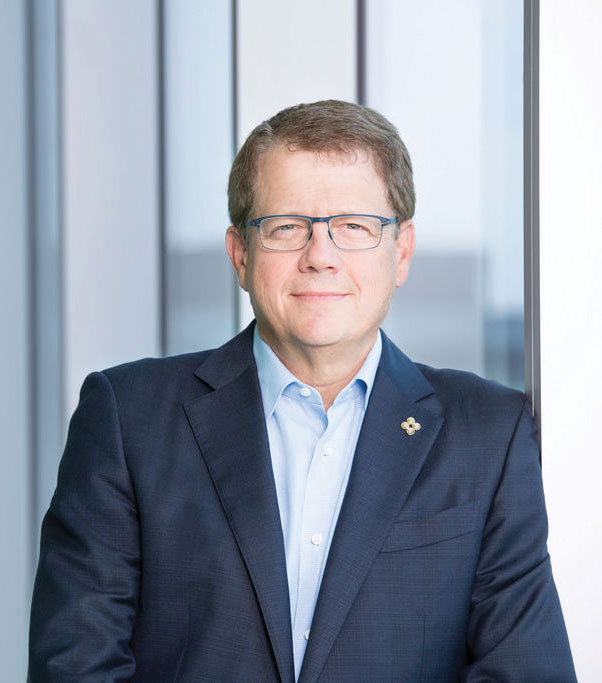
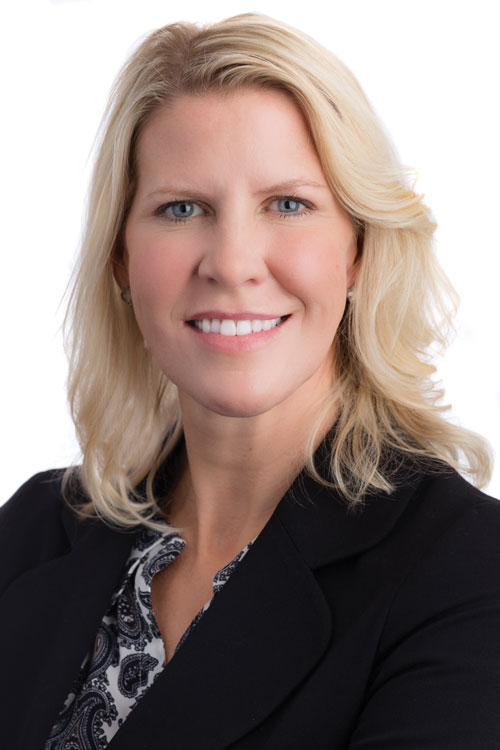 Leigh Allen is the AVP, Global Strategic Research, Reinsurance Group of America Inc., one of the world’s largest global life and reinsurance companies.
Leigh Allen is the AVP, Global Strategic Research, Reinsurance Group of America Inc., one of the world’s largest global life and reinsurance companies.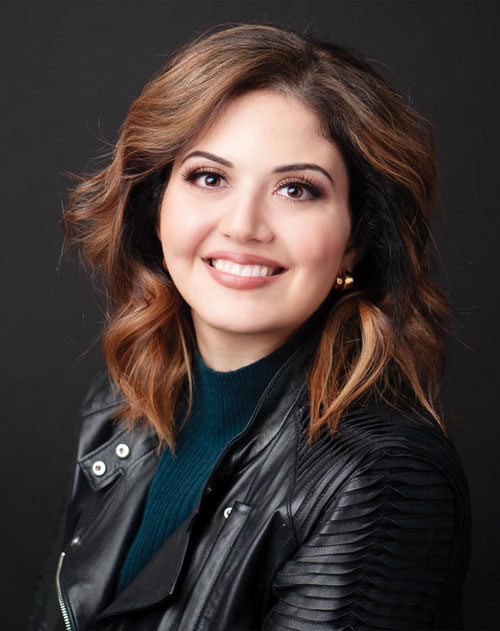 Yola Ventresca is a Managing Partner, Lerners LLP, Secretary of Huron’s Board of Governors and a Huron Class of ’02 alumni. Selected as one of Canada’s “Best Lawyers,” she is passionate about the value of Liberal Arts in helping students succeed in their careers.
Yola Ventresca is a Managing Partner, Lerners LLP, Secretary of Huron’s Board of Governors and a Huron Class of ’02 alumni. Selected as one of Canada’s “Best Lawyers,” she is passionate about the value of Liberal Arts in helping students succeed in their careers.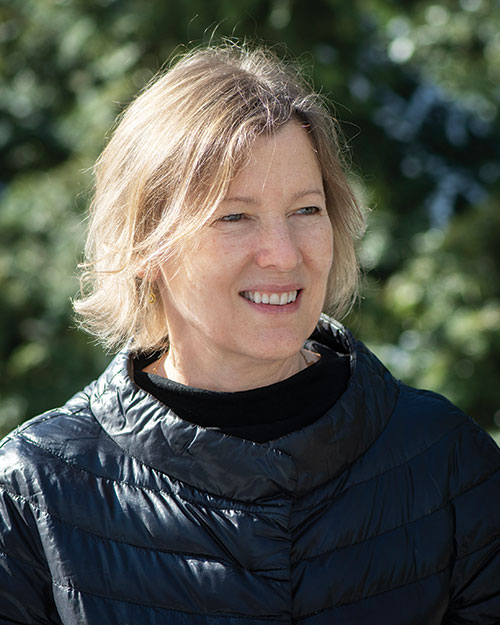 Susan Farrow is an Assistant Professor in The Temerty Faculty of Medicine at the University of Toronto and a Founding Partner and Co-Director of The Toronto Institute of Group Studies, an organization offering certified training and education in group leadership.
Susan Farrow is an Assistant Professor in The Temerty Faculty of Medicine at the University of Toronto and a Founding Partner and Co-Director of The Toronto Institute of Group Studies, an organization offering certified training and education in group leadership. 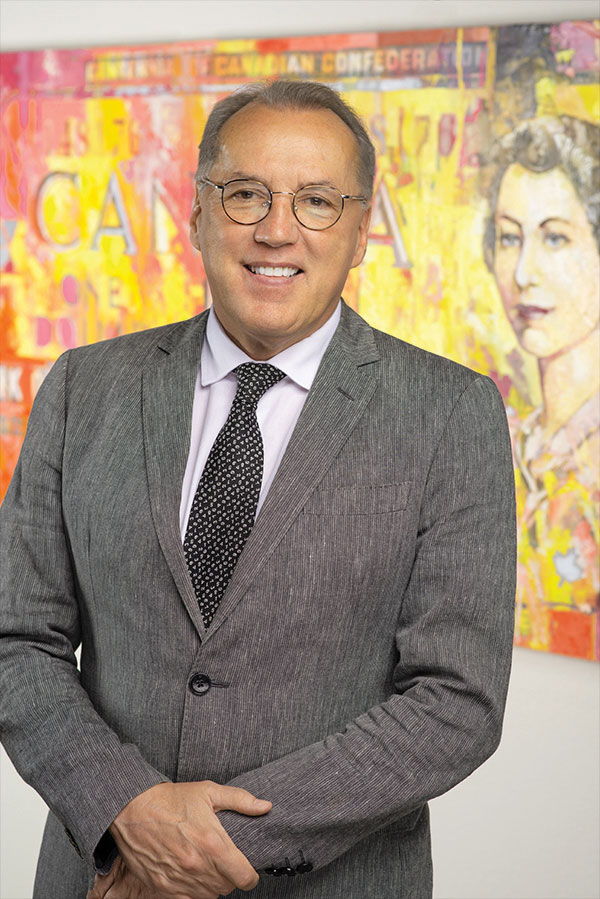 Frank Holmes is CEO and Chief Investment Officer of U.S. Global Investors, as well as a business commentator, philanthropist and Huron Class of ‘78 alumnus. Holmes also serves as the Executive Chairman of HIVE Blockchain Technologies, the first cryptocurrency mining company to go public in 2017.
Frank Holmes is CEO and Chief Investment Officer of U.S. Global Investors, as well as a business commentator, philanthropist and Huron Class of ‘78 alumnus. Holmes also serves as the Executive Chairman of HIVE Blockchain Technologies, the first cryptocurrency mining company to go public in 2017.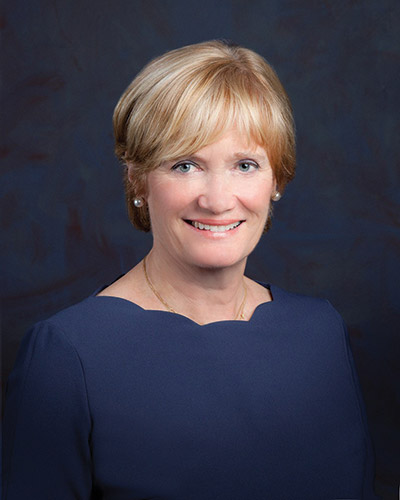 Kelly Meighen is an experienced philanthropist and volunteer. In her role as president of the T.R. Meighen Family Foundation, she has created a legacy of volunteerism and philanthropic giving in the areas of youth mental health advocacy, environmental conservation and cultural vibrancy.
Kelly Meighen is an experienced philanthropist and volunteer. In her role as president of the T.R. Meighen Family Foundation, she has created a legacy of volunteerism and philanthropic giving in the areas of youth mental health advocacy, environmental conservation and cultural vibrancy. 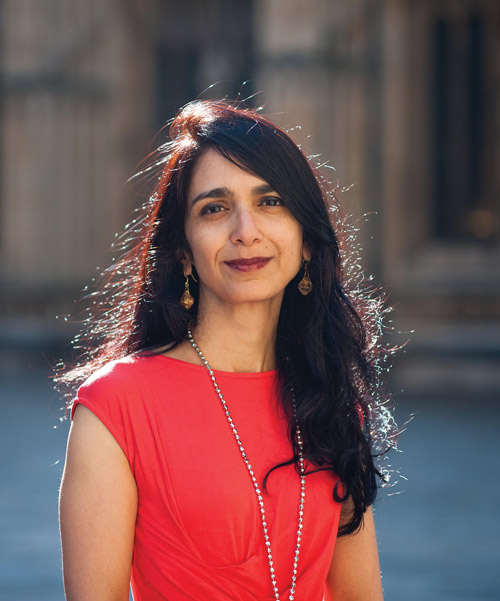 Ranjita is Executive Chair of the Oxford Global Partnership, advising investors, businesses, family offices and entrepreneurs on sustainable, inclusive and responsible value creation. A Business Fellow at Oxford University’s Smith School, Ranjita engages with companies on pursuing value with values, and teaches a postgraduate “Essentials of ESG & DEI” course.
Ranjita is Executive Chair of the Oxford Global Partnership, advising investors, businesses, family offices and entrepreneurs on sustainable, inclusive and responsible value creation. A Business Fellow at Oxford University’s Smith School, Ranjita engages with companies on pursuing value with values, and teaches a postgraduate “Essentials of ESG & DEI” course.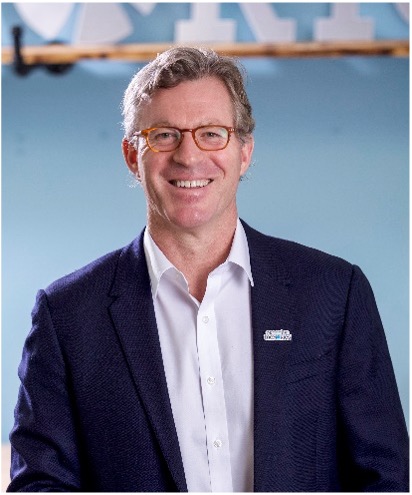 Caleb Hayhoe is the Founder & Chairman of Flowerdale Group and a Huron Class of ’85 Alumnus. Flowerdale Group is a Hong Kong based family office with a global investment outlook across public markets, real estate and private investment. Hayhoe previously spent over ten years building a global sourcing business together with an exceptional team, and remains committed to entrepreneurialism and helping great ideas become sustainable companies.
Caleb Hayhoe is the Founder & Chairman of Flowerdale Group and a Huron Class of ’85 Alumnus. Flowerdale Group is a Hong Kong based family office with a global investment outlook across public markets, real estate and private investment. Hayhoe previously spent over ten years building a global sourcing business together with an exceptional team, and remains committed to entrepreneurialism and helping great ideas become sustainable companies.
